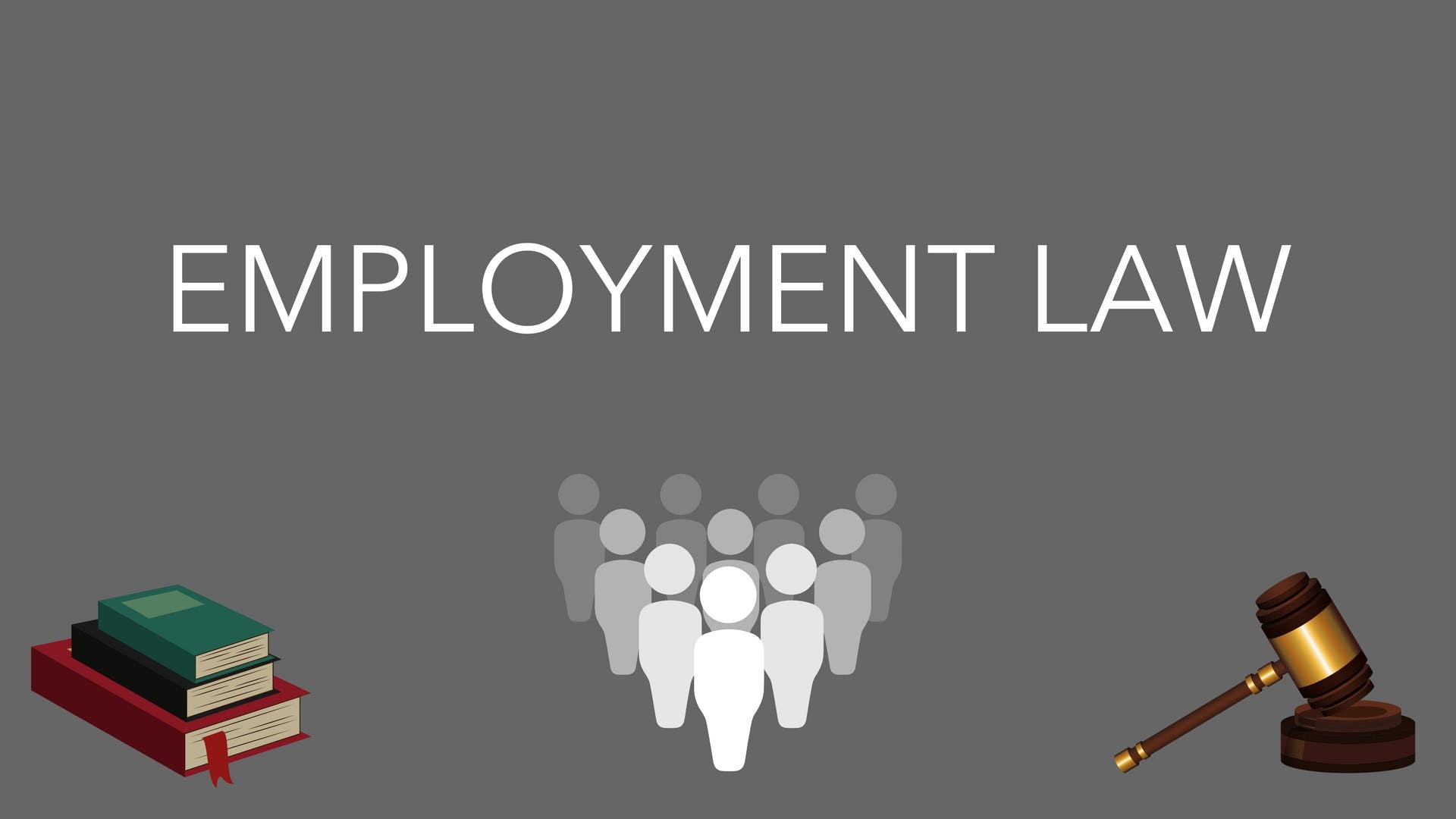Essential Legal Guidance: How a Business Lawyer Can Safeguard Your Company – Guest Post

As a business owner, you’re well aware of the various challenges and risks that come with running a company. From complex legal issues to contractual disputes, navigating the legal landscape can be overwhelming. This is where a skilled business lawyer can prove to be an invaluable asset. In this article, we will explore the essential role of a business lawyer in safeguarding your company’s interests.
Introduction
Running a business involves navigating a complex web of legal requirements, regulations, and potential risks. To ensure that your company operates smoothly and is protected from legal pitfalls, it is essential to have a business lawyer by your side. A business lawyer is a legal professional with expertise in various areas of corporate law who can provide crucial guidance and support tailored to your company’s specific needs.
Understanding the Legal Landscape
A business lawyer possesses in-depth knowledge of the legal landscape and keeps up to date with the ever-changing laws and regulations that impact businesses. They understand the nuances of local, state, and federal laws and can help you interpret and navigate them effectively. By staying informed about legal developments, your business lawyer ensures that your company remains compliant and minimizes legal risks.
Formulating a Strong Legal Foundation
One of the primary roles of a business lawyer is to assist in formulating a strong legal foundation for your company. They can guide you through the process of business entity selection, helping you choose the most suitable structure, such as a sole proprietorship, partnership, limited liability company (LLC), or corporation. This decision has significant implications for your business’s liability, taxation, and governance structure.
Contracts and Agreements: Protecting Your Interests
Drafting, reviewing, and negotiating contracts and agreements is another crucial aspect of a business lawyer’s role. These legal documents play a vital role in safeguarding your company’s interests, establishing clear rights and obligations, and mitigating potential disputes. A business lawyer ensures that your contracts are comprehensive, enforceable, and tailored to meet your specific business needs.
Compliance with Business Laws and Regulations
Businesses must adhere to a wide range of laws and regulations, covering areas such as employment, consumer protection, data privacy, and environmental compliance. Failing to comply with these legal requirements can lead to severe consequences, including fines, penalties, and damage to your reputation. A business lawyer helps you navigate this complex regulatory landscape, ensuring that your company remains compliant and avoids legal pitfalls.
Resolving Disputes and Mitigating Risks
Disputes and conflicts are inevitable in the business world. Whether it’s a contract dispute, employment issue, or partnership disagreement, having a skilled business lawyer by your side is essential. They can help you resolve conflicts through negotiation, mediation, or, if necessary, litigation. Moreover, a business lawyer assists in identifying potential risks and implementing risk management strategies to minimize their impact on your business.
Intellectual Property Protection
Intellectual property (IP) assets, such as trademarks, copyrights, and patents, are valuable assets for any business. Protecting your IP rights is crucial to safeguarding your unique ideas, products, or services from unauthorized use or infringement. A business lawyer can guide you through the process of registering and enforcing your IP rights, ensuring that your company’s intellectual property remains protected.
Employment Law and HR Compliance
Employment law is a complex field that governs the relationship between employers and employees. From hiring and onboarding to termination and severance, a business lawyer can provide guidance on complying with employment laws and regulations. They can assist with drafting employment contracts, implementing HR policies, and ensuring compliance with anti-discrimination laws, wage and hour regulations, and workplace safety standards.
Tax Planning and Strategy
Navigating the intricacies of taxation is a critical aspect of running a business. A business lawyer with expertise in tax law can help you develop effective tax planning strategies, optimize your tax structure, and ensure compliance with tax laws and regulations. By leveraging their knowledge of tax incentives, deductions, and credits, a business lawyer can help your company minimize tax liabilities while maximizing its financial position.
Mergers, Acquisitions, and Business Expansion
If your business is considering growth through mergers, acquisitions, or expansion into new markets, a business lawyer is an indispensable ally. They can assist in conducting due diligence, structuring deals, negotiating contracts, and navigating regulatory requirements. By providing guidance throughout the process, a business lawyer helps mitigate risks and ensures that your business expansion efforts are legally sound.
Crisis Management and Litigation Support
In times of crisis or when facing potential legal disputes, having a business lawyer on your side is crucial. They can provide valuable advice and representation in matters such as breach of contract, product liability claims, or regulatory investigations. With their expertise in litigation and dispute resolution, a business lawyer helps protect your company’s interests and reputation.
Cybersecurity and Data Privacy
With the increasing reliance on digital technologies, businesses face the constant threat of data breaches and cyberattacks. A business lawyer with expertise in cybersecurity and data privacy can help you develop robust policies and protocols to safeguard sensitive information. They can also assist in compliance with data protection laws, such as the General Data Protection Regulation (GDPR) or the California Consumer Privacy Act (CCPA).
Maintaining Confidentiality
Confidentiality is crucial in business, particularly when it comes to trade secrets, proprietary information, or sensitive customer data. A personal business law firm can help you establish confidentiality agreements, non-disclosure agreements (NDAs), and trade secret protection measures. By safeguarding your company’s confidential information, a business lawyer ensures that your competitive advantage remains intact.
Conclusion
In today’s complex business landscape, having a skilled business lawyer is essential for safeguarding your company’s interests and ensuring legal compliance. From establishing a strong legal foundation to navigating contractual agreements, employment issues, and intellectual property protection, a business lawyer offers valuable guidance and support. By leveraging their expertise, you can confidently steer your company toward success while minimizing legal risks.













